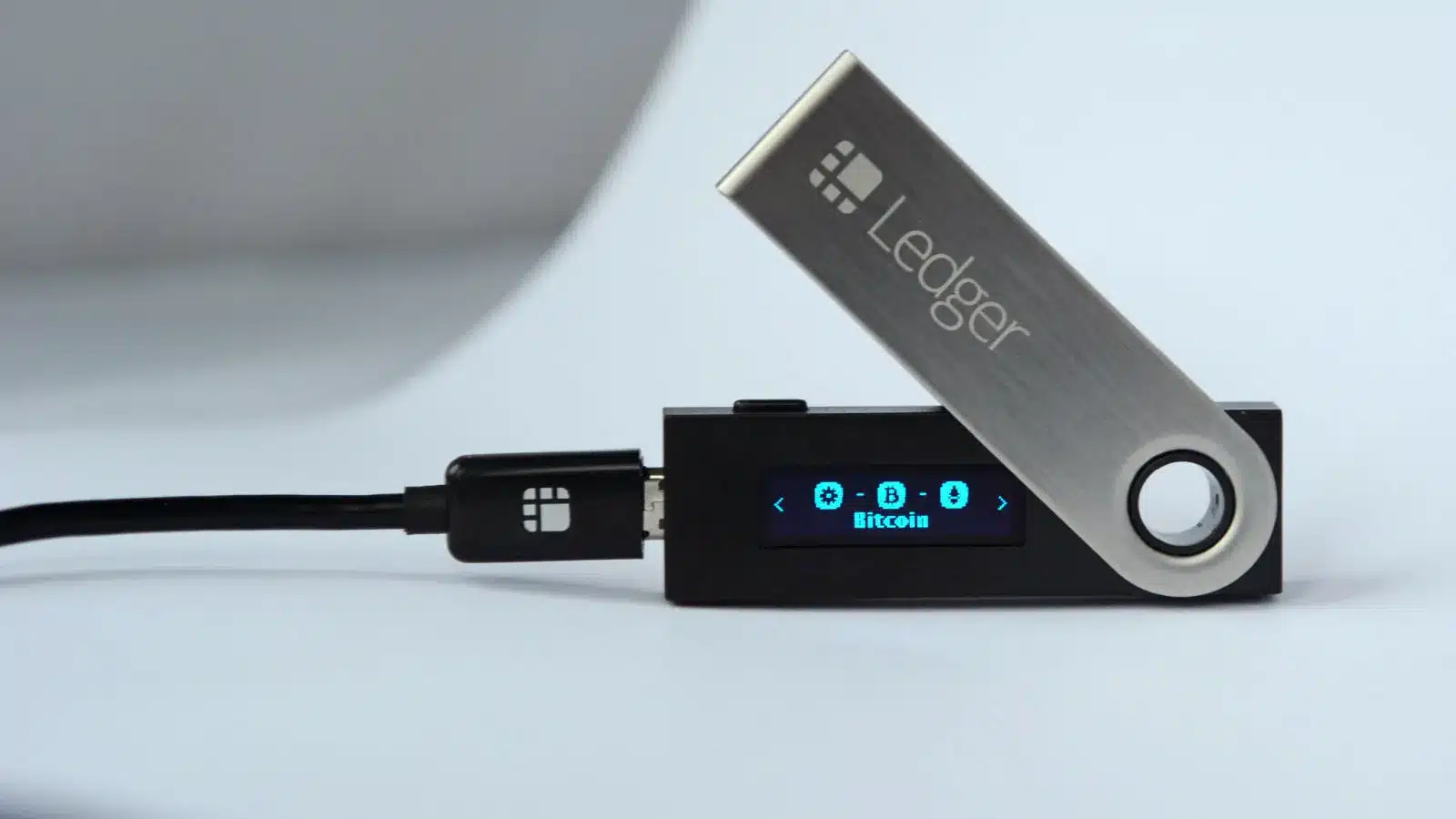In a significant cybersecurity development, the decentralized application (dApp) ecosystem faces a substantial threat due to a critical exploit discovered in the Ledger ConnectKit library.
This vulnerability, stemming from a compromised software library linked to Ledger, a leading hardware wallet provider, has raised grave concerns over digital asset security.
Initial Discovery of the Ledger Exploit: What Went Wrong?
The vulnerability was initially detected by developers who posted about it on Twitter and was later confirmed by BlockAid, a web3 security firm, as a “supply chain attack” on Ledger’s ConnectKit.
https://twitter.com/blockaid_/status/1735275569586090221
In this attack, malicious actors replaced the authentic library software with code intended to illicitly drain assets from users.
SushiSwap’s Chief Technology Officer, Matthew Lilley, pinpointed the exploit’s source to a breach in the content delivery network (CDN) that hosted the software library, making any dApp utilizing LedgerHQ/connect-kit vulnerable.
Ledger Hack Damages Trust in Decentralized Applications
The implications of this attack were immediate and widespread, renowned dApps like Kyber and RevokeCash recognized the threat and promptly disabled their front-ends to safeguard users’ assets.
Looking closer, the injected malevolent code made multiple dApps’ front ends vulnerable, posing a considerable risk to users.
In the first few hours, Blockaid estimated that losses amounted to around $150,000, which subsequently escalated to over half a million dollars.
Tether, a stablecoin issuer, took proactive measures by blacklisting the hacker’s address to prevent further illicit transactions.
Ledger’s Crisis Response to the Major Hack Incident
Responding swiftly, Ledger announced, “We have identified and removed a malicious version of the Ledger Connect Kit. A genuine version is being pushed to replace the malicious file now.”
The company advised users to refrain from interacting with any dApps until the issue was completely resolved.
Ledger also reassured that its hardware devices and the Ledger Live app were not compromised in this security breach.
MetaMask, a widely used web3 wallet app, issued a warning that the incident impacted all users, not just those using Ledger.
They quickly released a fix for their app and recommended users to update to the latest version, Hudson Jameson, an Ethereum core developer liaison, further elaborated on the risk, advising users to exercise caution with dApps until the affected projects implemented the corrected code.
Previous Security Issues with Ledger
This incident isn’t Ledger’s first brush with security controversies – in November, a fraudulent Ledger app in the Microsoft App Store conned users out of nearly $1 million.
Additionally, in 2020, Ledger faced criticism after a hack that compromised over a million user emails.
These incidents, combined with the recent exploit, have intensified scrutiny of Ledger’s security measures and practices.
Users Call for Enhanced Security and Vigilance
The exploitation of the Ledger ConnectKit library serves as a critical reminder of the vulnerabilities prevalent in the digital asset space, particularly regarding dependencies on third-party integrations.
This incident underlines the need for robust security protocols and immediate response mechanisms within the crypto industry.
It also highlights the importance for users and developers to maintain heightened vigilance and possess a thorough understanding of the technologies and libraries integral to their operations.
As the situation evolves, Ledger has committed to keeping its users informed, while the crypto community remains on high alert, closely monitoring developments and reinforcing security measures to prevent future exploits.
